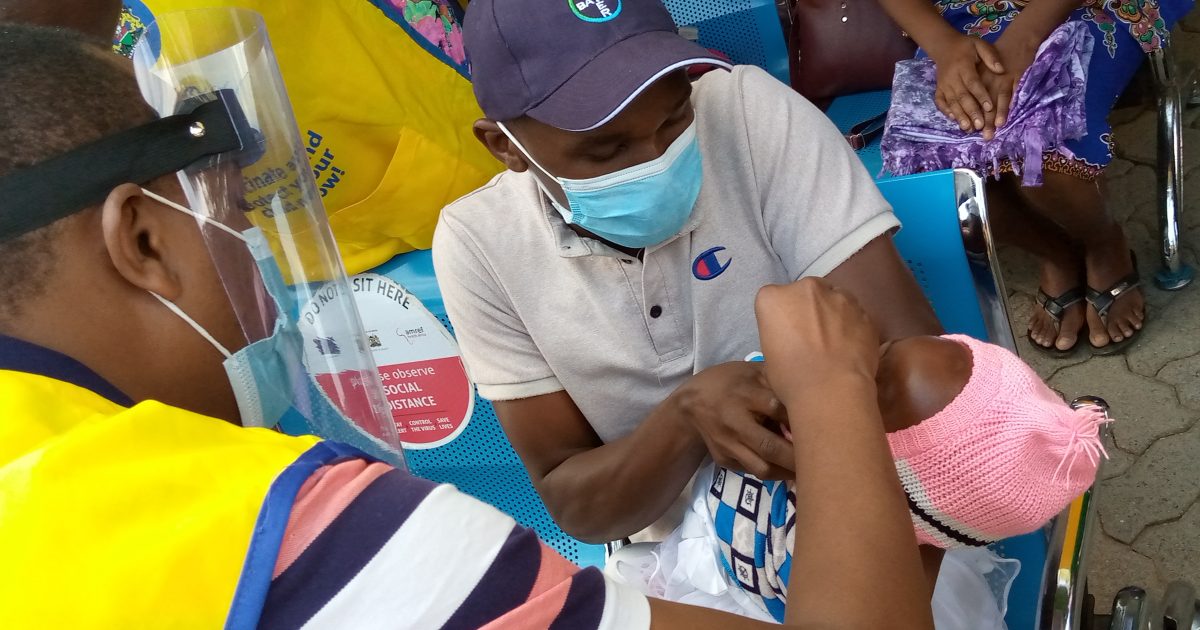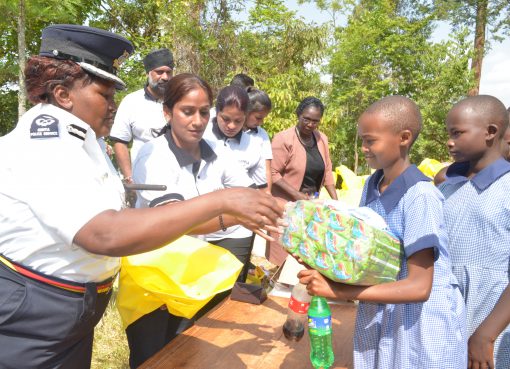A Murang’a health officer is calling upon local residents to practice good personal hygiene in order to avoid contracting cholera.
The County Health Promotion officer, Danson Mwangi, said the provision of clean, safe water and food and proper sanitation was critical to preventing and controlling the spread of cholera, especially at a time when new cholera cases are being reported in the country.
Speaking to KNA in his office at Murang’a Level 5 Hospital, Mwangi encouraged residents to wash their hands thoroughly with clean water and soap before eating or handling food and after visiting the toilet to keep the killer disease at bay.
“The health department is encouraging people to frequently wash their hands with soap and clean water before eating and after visiting the toilet,” he said, and he advised residents to drink water from credible sources.
“Water meant for drinking should be boiled or treated with aqua tabs,” he said, adding that aqua tabs are readily available in the market and also in some of the government’s local health facilities.
He cautioned residents to shun food from roadside kiosks and from hawkers since they don’t know where it was sourced or how it had been prepared.
“You should eat food only from designated places. For example, in your homes or hotels that have been inspected by public health officials, you should not eat food that is cold, and people should cover their food so that flies don’t access it and end up contaminating it,” he said.
Mwangi observed that there have been a number of confirmed cases of cholera reported in the neighbouring counties, including Kiambu and Kirinyaga, and that residents have to remain vigilant.
According to the officer, no case of cholera has been confirmed or reported in the county recently. However, he says: “There is one case under investigation in Kandara sub-county hospital whose results are awaited to confirm if the patient has cholera or not.”
He said the health department has embarked on cholera health education in various forums, including committee units, barazas, schools, and churches.
“We are carrying out sensitization in our health facilities for our patients on what causes cholera, the symptoms of cholera, and how they can prevent the disease from spreading,” said Mwangi.
Cholera is an acute diarrheal infection caused by the ingestion of food or water that is contaminated with the bacterium Vibrio cholerae.
It affects both children and adults and can lead to death if left untreated. Cholera remains a global threat to public health.
By Anita Omwenga





